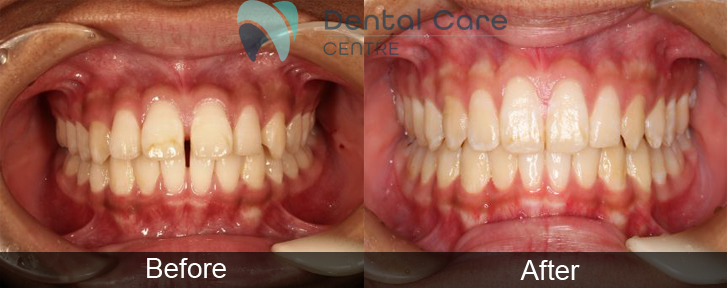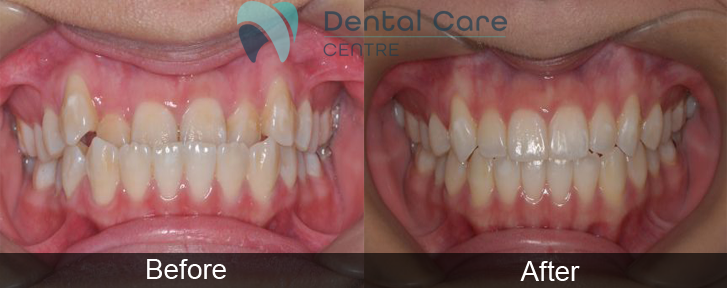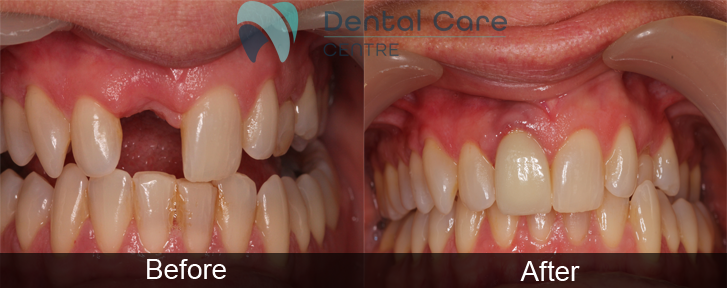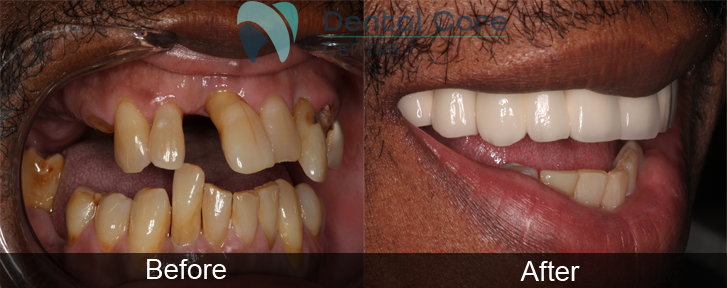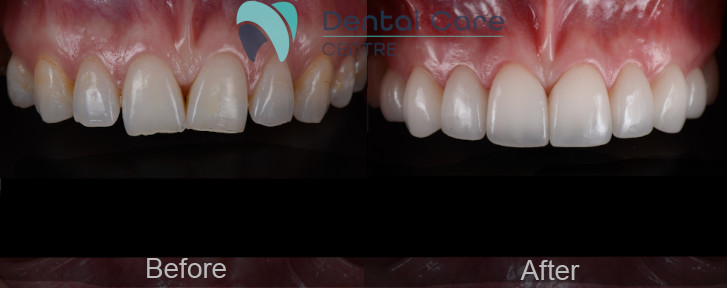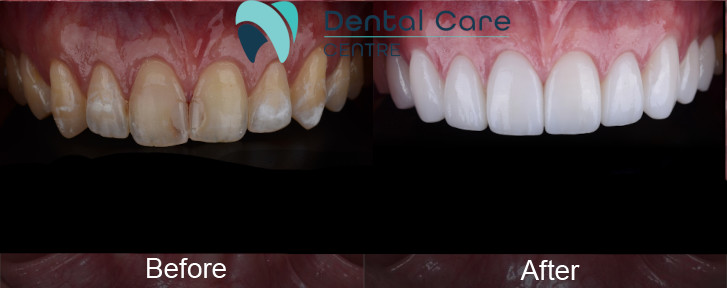White Fillings in London
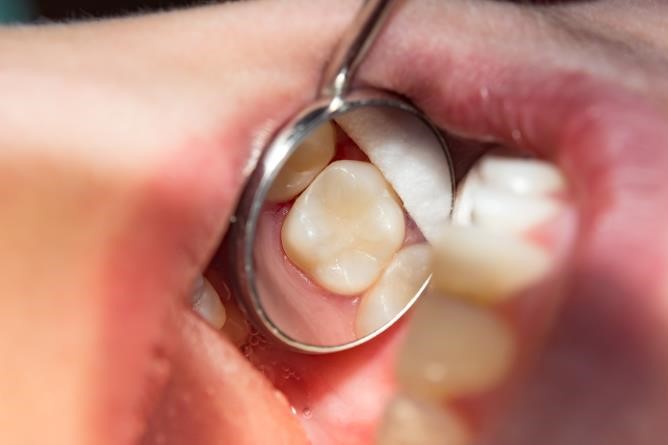
White fillings in London
Dental fillings are the most common daily procedure in dental clinics. The dental filling process involves using a restorative material to restore the teeth’s function and oral health disrupted due to dental caries.
When you opt for a dental filling, several restorative materials choices are available, such as amalgam and white fillings. With the rising concerns about aesthetics, white fillings are the preferred solution.
White fillings, also known as tooth-coloured restorations and composite fillings, are resin materials available in multiple shades. The varied shades allow them to blend in with the surrounding tooth colour, providing a natural looking restoration.
Benefits of White Fillings
White fillings have become the preferred choice for restoring decayed teeth for several reasons.
1. Natural-looking results
White fillings are available in multiple shades that can be perfectly matched with the colour of the surrounding tooth structure to provide highly aesthetic results.
2. No sensitivity
White fillings are made of resin material. Unlike metallic amalgam fillings, they do not transfer heat fluctuations to the pulp tissue.
3. Minimally invasive
Unlike amalgam fillings, white fillings do not rely on mechanical retention through cavity design for their retention. The cavity prepared for white fillings does not necessitate a specific design or unnecessary removal of tooth structure.
4. Stability
White fillings are dimensionally stable when exposed to the various heat fluctuations in the oral cavity caused by foods and drinks. Unlike amalgam fillings, which contract and expand in reaction to temperature changes, white fillings are less likely to lead to leakage at the margin of the restoration.
5. Safety
White fillings are biocompatible and safe. Some concerns have been raised about amalgam fillings because of their mercury content and the potential for metals to leach into the bloodstream over time.
6. Easy repair
White fillings can be easily restored if chipped. Unlike amalgam restorations, which require complete replacement if chipped.
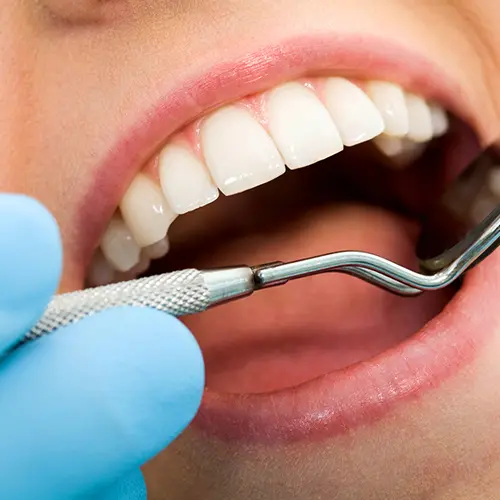
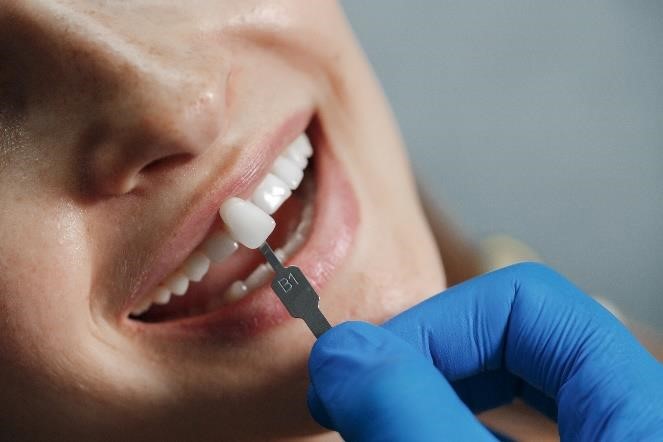
Dental Care Centre: White Filling Restoration
Dental Care Centre is a specialised dental center in London with over 30 years of experience delivering exceptional dental care for its patients. Our dental experts have successfully treated over 30,000 patients with customised treatment plans tailored to their needs.
During your visit, our dental professionals will clinically examine the decayed tooth. Also, X-rays may be necessary to determine the depth of decay and its proximity to the pulp. The amount of destruction is assessed to determine the most suitable restorative material.
The following are the steps to receive a white filling:
- Local anesthesia: Local anesthesia is administered to numb the tooth and surrounding area to ensure a comfortable treatment process.
- Decay removal: All decayed tooth structures and bacteria should be removed for a successful treatment. Decay can be removed using conventional drills, hand instruments, and air abrasion. Dental Care Centre uses the latest technologies for conservative and efficient caries removal using air abrasion technologies. Our restorative experts will decide whether you are a good candidate for air abrasion caries removal.
- Surface treatment: The cavity walls are treated to create micro irregularities that enhance the bond strength of the white fillings. Surface treatment can be carried out using air abrasion or acid etching, followed by bonding application.
- White Filling Packing and Curing: The appropriate shade of white filling is chosen, and the material is packed in small increments and sculpted to mimic the natural tooth’s anatomy. Subsequently, the white filling is hardened using a specialised blue light.
- Finishing and Polishing: After completing the restoration, the bite is checked to remove any premature contact, and then a final finishing and polishing is performed for a natural looking restoration. No recovery time is necessary after white filling restoration. You can use it on the same day.
Other Uses for White Fillings
Other than restoring decayed teeth, white fillings can be used for cosmetic bonding solutions. Cosmetic bonding is a cost-effective procedure involving the application of composite material directly to the front surface of the teeth to correct minor aesthetic problems such as size, colour, and teeth alignment.
Maintaining Your White Fillings
White fillings do not require specific care instructions. With proper care and maintenance, white fillings can last several years. It is recommended to continue your daily care routine; brush your teeth twice daily and floss once daily.
Avoid using your teeth as a tool or crushing hard food with your restored teeth to prevent cracking and chipping.
Limit smoking and the intake of food and beverages that may cause staining of your white filling such as coffee and tea.
Maintain regular hygiene and check-up visits to maintain your restoration and overall oral health.
Schedule your visit for white filling treatment today
Dental Care Centre is the leading dental destination in London for aesthetic restorations. Our dental experts provide top-rated white fillings that are difficult to differentiate.
If you want to restore your carious teeth or to replace your old amalgam restorations, contact us to book your appointment today.

FAQs
White fillings are used to restore decayed teeth, particularly in esthetic areas and for patients with high esthetic requirements.
The primary advantage of white fillings is their natural-looking results. White fillings are minimally invasive, dimensionally stable, isolate the pulp from temperature fluctuations, repairable, and safe.
The process for white filling placement is simple. First, tooth decay is removed, then the surface is conditioned to enhance the bond strength between the white filling and the tooth, and finally, the white filling is packed and hardened using a special type of blue light.
White filling hardens when exposed to a particular type of blue light.
White fillings can become stained if you consume large amounts of coffee, tea, and tobacco.
White fillings can last a long time with proper oral hygiene measures and regular dental checkup visits.
Regularly brush your teeth twice daily, floss once daily, reduce your consumption of staining foods and drinks, avoid smoking, and schedule regular check-ups and hygiene visits.
The decision about replacing the old amalgam fillings with white fillings depends on your preference. Some cases require the replacement of the amalgam fillings if they cause problems. Consult our dental expert if you wish to replace your old amalgam fillings.
You can eat on the white fillings as soon as you leave our dental office. Our dental experts may recommend waiting one to two hours until the numbness of the local anesthesia disappears.
White filling materials can be used to perform cosmetic bonding for a cost-effective smile makeover. It is applied on the front surface of the teeth to solve esthetic problems such as teeth color, shape, and size.
Implants Completed
Invisalign Cases Completed
Floors Dental Super Clinic
Patients Treated
Hygienist Appointments Completed
Awards and Accreditations
Smile Gallery
Invisalign adults
Invisalign children
Implant & reconstructive
Veneers
Patient Stories
Other Cosmetic Treatments

SMILE MAKEOVER
View

TOOTH WHITENING
View

WHITE FILLINGS
View
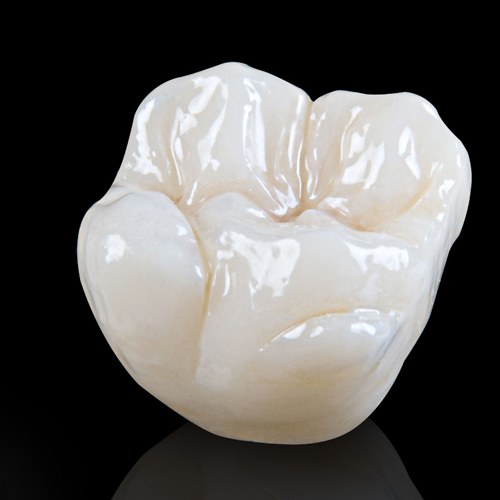
CROWNS AND BRIDGES
View
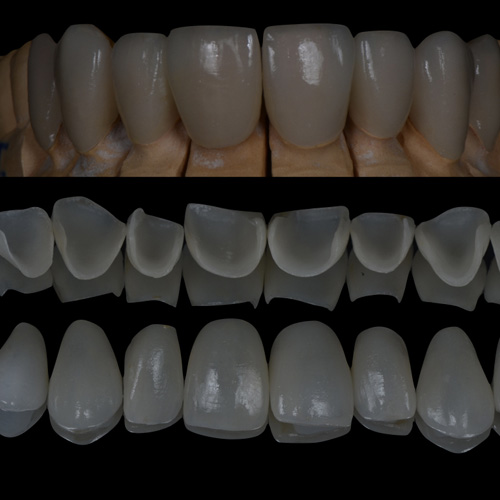
VENEERS
View

INVISALIGN
View

BONDING
View

INMAN ALIGNER
View
Dentist Near You
If you require local dentist in London or any type of private or NHS dental treatment in New Cross contact the Dental Care Centre today.
OTHER DENTAL TREATMENTS AVAILABLE

GENERAL DENTISTRY
We have a range of core therapies, from bridges, crowns, root canal and dentures through to Oral Cancer Screening.

SPECIALIST TREATMENTS
These treatments use specalist technology, need more involved care, or are for a specific group of patients, like children.



